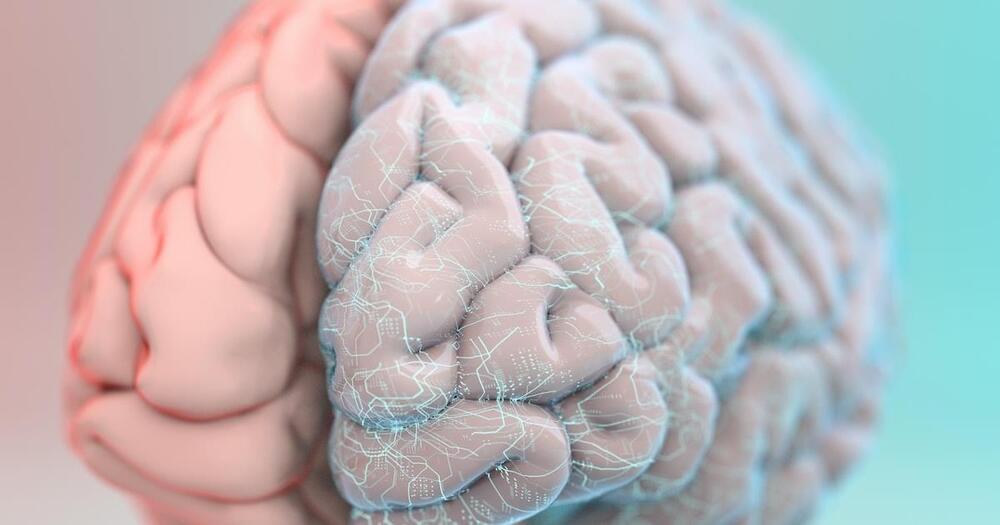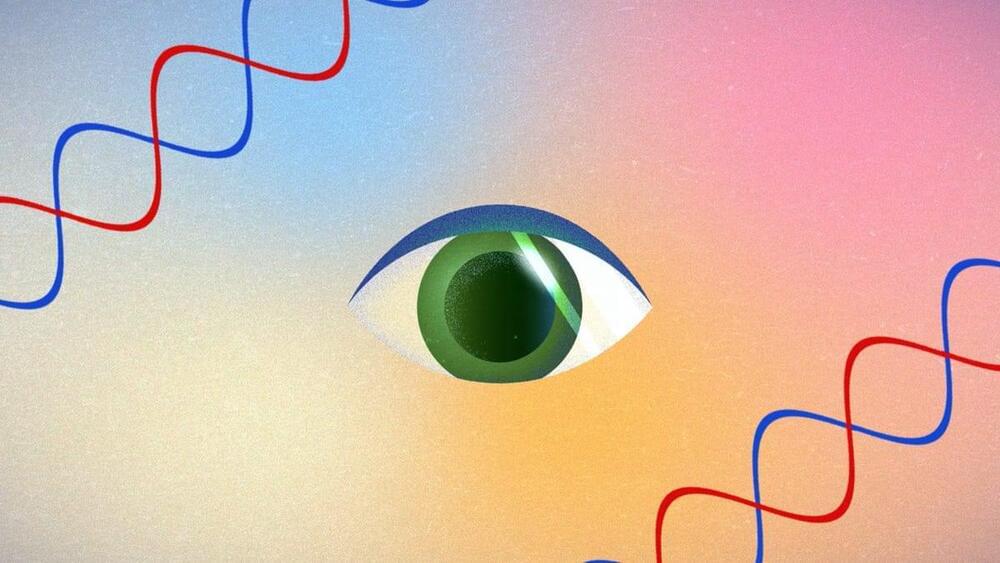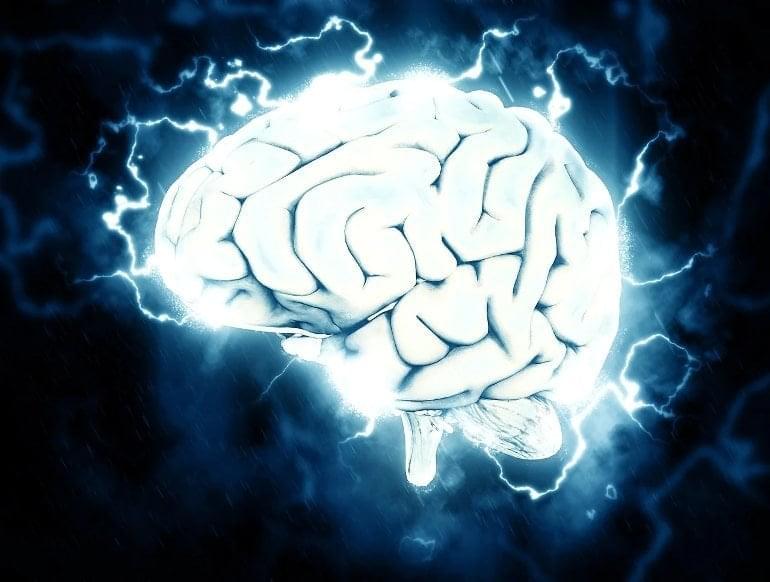In two new studies, North Carolina State University researchers have designed and tested a series of textile fibers that can change shape and generate force like a muscle. In the first study, published in Actuators, the researchers focused on the materials’ influence on artificial muscles’ strength and contraction length. The findings could help researchers tailor the fibers for different applications.
In the second, proof-of-concept study published in Biomimetics, the researchers tested their fibers as scaffolds for live cells. Their findings suggest the fibers—known as “fiber robots”—could potentially be used to develop 3D models of living, moving systems in the human body.
“We found that our fiber robot is a very suitable scaffold for the cells, and we can alter the frequency and contraction ratio to create a more suitable environment for cells,” said Muh Amdadul Hoque, graduate student in textile engineering, chemistry and science at NC State. “These were proof-of concept studies; ultimately, our goal is to see if we can study these fibers as a scaffold for stem cells, or use them to develop artificial organs in future studies.”







